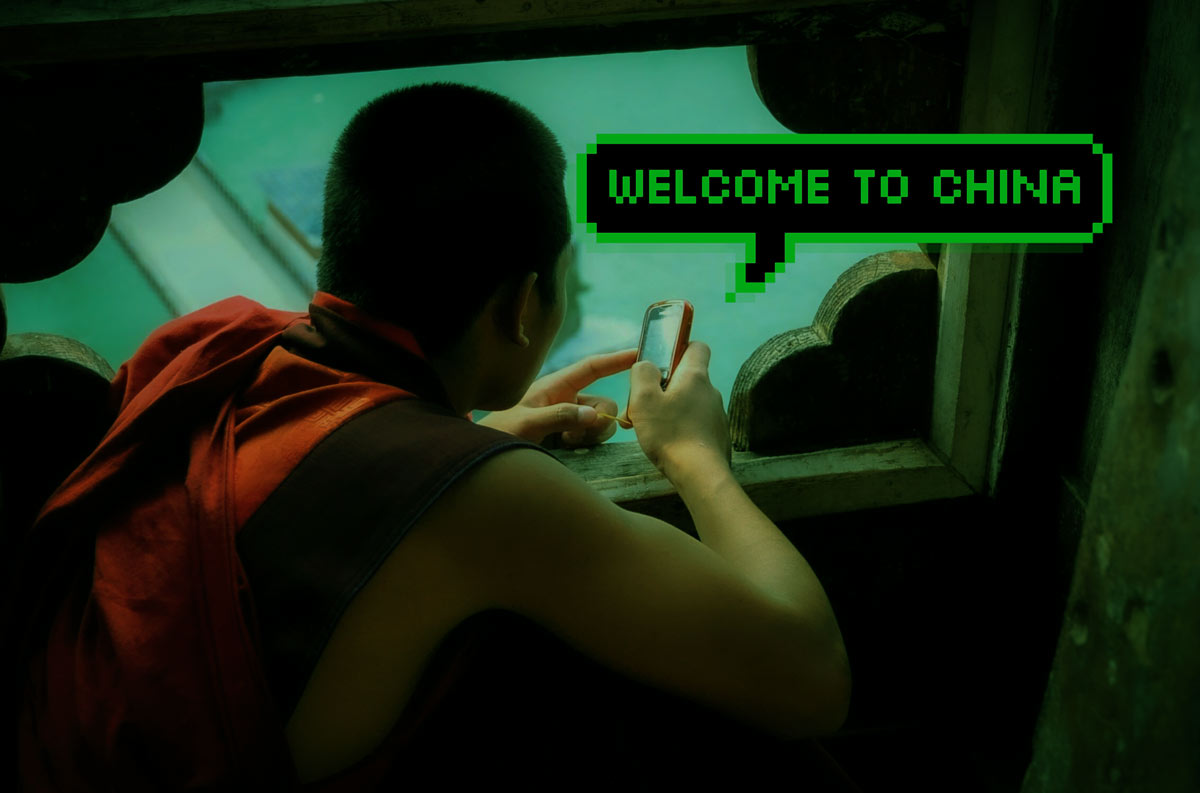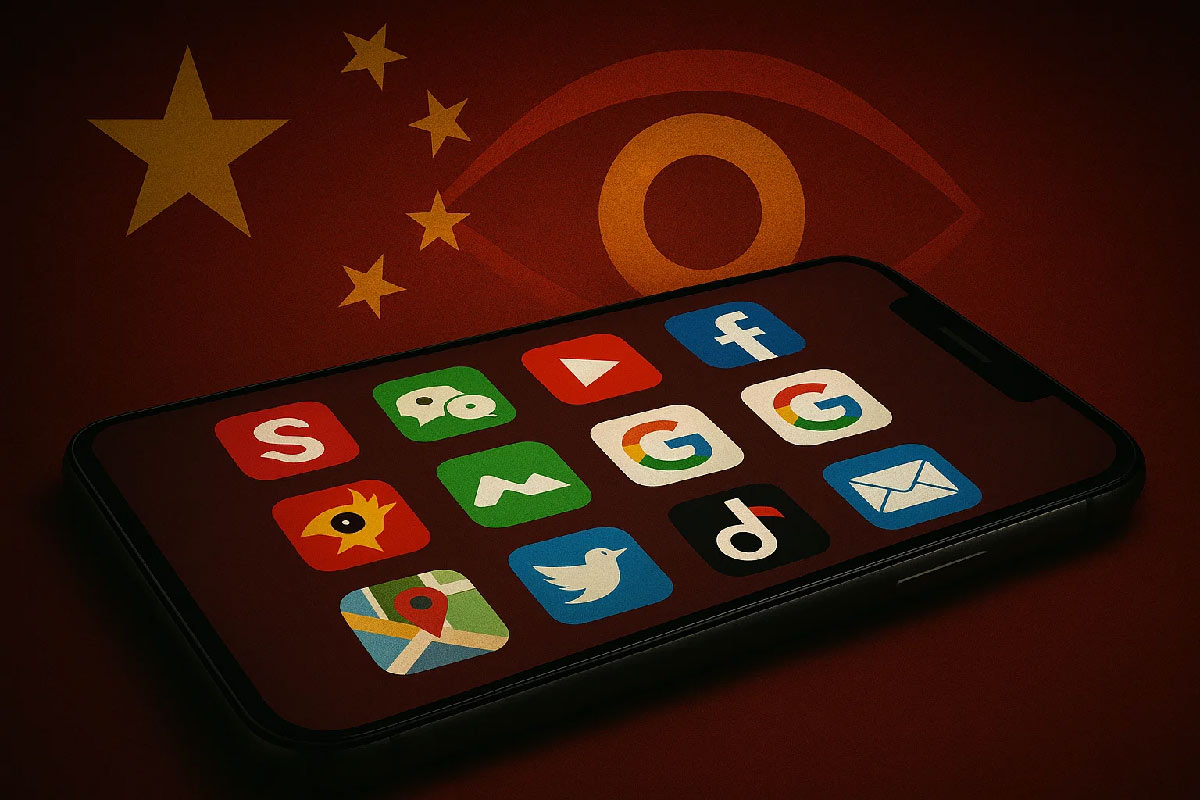Device Security in the Battle Against Censorship and Surveillance in Mobile Phones
We live in an era of digital revolution, where information access and exchange are just one click away from us, thanks to the internet and the rise of smartphones and other devices. But on the flip side of this marvelous revolution, depending on a country’s current regime and ruling government, internet censorship and surveillance has become a go-to for authorities in order to block access to the flow of information to the rest of the world. This unethical effort is to protect a country’s global image especially when they commit basic human rights violations. To be cautious of privacy and security in our personal devices is of the utmost importance, especially in such regions where internet freedom and freedom of expression are forcibly forbidden.
In 1973, Drago in Kham suffered a massive earthquake which caused considerable damage to the residential areas and human lives. In an attempt to ward off natural disasters in the future, local Tibetans in Drago contributed to the funding of a 99-foot-tall bronze Buddha statue which was built on 5th October, 2015 with permissions granted from the district office. However, on 12th December, 2021, Chinese authorities ordered its demolition with claims that the construction documents were invalid and statues of such height are prohibited. The demolition also included 45 more huge prayer wheels erected near the Drago Monastery.
From history, we know that these unjustified cruelty against Tibetans are strategies of the Chinese Communist Party to dismantle Tibetan religion, language and culture on the pretext of Cultural Revolution. Furthermore, the CCP is using unethical means to control the flow of information and truth regarding the demolition of these statues and prayer wheels outside of Tibet. An anonymous source from Tibet told Tibet Watch, a Dharamshala-based research group that “Keeping or sharing photos and videos of demolitions of Buddha statues, and using photos [Buddha Statue] as the background photo on WeChat, is considered a politically sensitive act with offenders facing criminal charges.”
The Internet censorship through physical surveillance on Drago’s Tibetan residents has exponentially increased. In the month of Feb 2022, physical phone searches of Tibetan residents left 4 detained under the suspicion of having photos and videos on their phones that showed the recent demolitions of Buddha statues in the locality. The residents were warned of repercussions if they shared the information with others.
Moreover a new surveillance tactic is recently being used by the Chinese authorities where Tibetans in Drago county and Chamdo with contacts in exile have been ordered to install spyware on their cellphones to track their activities. Now the situation in the locality has become highly sensitive that many families feel the difficulty of contacting their loved ones since authorities suspect anybody who has any contact outside.
As we know that wherever the flow of information is being controlled, surveillance and censorship are certain. From a Digital Security perspective, it is very much possible that as individuals, we can, if we put the right effort in the right direction, prevent and mitigate these threats. Moreover to maintain Privacy and Security on our devices in the face of intense censorship and surveillance, there are some important best practices to keep in mind. These are as follows :
- Don’t be hoarder : Sensitive information in our devices should be cleared as frequently as possible to defy traceability and accountability from the prosecutor. Hoarding sensitive data in devices for a longer duration may put its user in jeopardy of being arrested and criminalized.
- Using circumvention tools such as VPNs : We also believe that in daily communication we can hide our personal identities on a certain level by making use of reliable and trustworthy VPNs. Using VPNs reduces the traceability from the authorities who monitor the communications.
- Updating your mobile phone : We also believe that updating our device software/OS to the latest version can protect us from outdated spywares and malwares if installed forcefully or accidentally as well.
- Choose secure communication platforms : It is very important to use secure messaging applications when the information being exchanged between two parties is sensitive or “deemed” sensitive by an authoritarian regime.


